Title: Tropical Scandal
Author: David Myles Robinson
Publisher: Bluewater Press, LLC
Pages: 291
Genre: Legal Thriller/Suspense/Mystery
When Pancho McMartin, Honolulu’s top criminal defense attorney, takes on the case of Dayton Kalama, a young drug dealer accused of murdering his grandmother (tutu), Pancho is faced with a daunting amount of evidence pointing squarely at Dayton. But as Pancho, together with his private investigator, Drew Tulafono, gradually pull back the layers of deceit, they begin to uncover hints at what is beginning to look like the biggest scandal ever to hit Hawaii’s legal community. This book is pure fiction, but is inspired by true, scandalous events which shook Honolulu’s legal community to its core.
Amazon: https://tinyurl.com/3p8vwcvfyet refused help—all while still accepting clients. They were walking malpractice cases who risked everything they’d worked for in their own lives—not to mention the lives of their
clients—by living and working as functional drunks or addicts.
Being a trial attorney was stressful. Being a criminal defense trial attorney was particularly stressful. Aside from the relatively rare innocent defendant, our customer base was composed of criminals who, generally speaking, were not the warmest and fuzziest people to deal with day in and day out.
Whether they were guilty or innocent, their lives were in our hands—a situation only the most jaded and burned-out counsel didn’t find stressful.
My surprise didn’t arise from the fact that Padma knew Goldblum. She was the former medical examiner for the city and county of Honolulu, and just as I had cross-examined her many times in her capacity as coroner, so had Goldblum. My surprise arose from the fact that Padma knew Goldblum had been one of my early heroes. He was most famous for having won an acquittal for two Hawaiian teenagers who had been charged with the murder of a prominent haole (Caucasian) businessman. The public outcry against the Hawaiian kids had been reminiscent of the uproar in the Deep South when young black men were charged with the rape of white women. It was scary. Goldblum was vilified for taking the case.
As he later said in an interview for the Honolulu Advertiser, he knew that anything short of proving who the real killer was would fall on deaf ears. His cross-examination of the
businessman’s administrative assistant, who’d been having an affair with the dead man’s wife and who ultimately confessed to the murder, was nothing short of brilliant.
I had shared my early hero worship of Goldblum with Padma, but I had also made it clear that I now harbored a healthy dose of contempt for the man, who seemed intent on destroying his own legacy. At the time, Padma had not tried to defend Goldblum.
We were enjoying a quiet Saturday afternoon at Padma’s Kahala Beach condo when she broached the subject of my meeting with Goldblum. “He lives here, in the next building,”
she said. “He’s invited us to stop by for a cocktail at about four.”
I stared out from her oceanfront lanai at the tranquil ocean.
The palm fronds on the coconut trees fronting the beach barely twitched. One lone puff of a cumulous cloud hovered in the bright blue sky.
“Why?” I asked. “Why would I want to go have a drink with a drunk who should have put himself on inactive status years ago?”
Padma stared back at me with her piercing dark eyes. I half expected her to admonish me for being too judgmental—a trait I seemed to have developed in recent years. “Isaac asked to
meet with you. We know each other from court, and he knows I live in this building, and he knows we’re in a relationship. I think he came to me rather than you because he knows—or at
least suspects—that you aren’t much of an admirer of his.”
Padma had been born in India and had done volunteer work as a doctor in Bangladesh, but she had lived and worked in the United States for most of her adult life. Nonetheless, she
still retained the remnants of an accent, which was melodic and soothing. No doubt she was a calming influence on many people grieving the loss of a loved one. She had been instrumental in
helping my mother in New Mexico get through the early stages of the loss of my father. Just the tone of her voice seemed to take the wind out of my judgmental sails.
“Okay, but do you know why he wants to meet?”
She gave a small shake of her head. “Something about a case. That’s all I know.” She paused for a beat. “Look, I know he’s a drunk and you hate the fact that he’s still going to court, but you have to admit: drunk or sober, the man knows the law and probably still has pretty good instincts. I doubt he would ask to meet with you if he didn’t think it was important.”
I resisted the temptation to make a snide remark and instead looked at my watch. It was three-thirty in the afternoon. “Why’d you wait until now to tell me about this?”
Padma’s beautiful brown face broke into a mischievous grin. “So you wouldn’t have time to obsess about it.”
I laughed. “Jesus, Padma. We’re not even married and you play me like a fiddle.”
“I love the fiddle,” was her only retort.
About the Author
David Myles Robinson has always had a passion for for writing. During the late 1960’s and early 1970’s, while in college, Robinson worked as a freelance writer for several magazines and was a staff writer for a weekly minority newspaper in Pasadena, California. Upon graduating from San Francisco State University, he attended the University of San Francisco School of Law. It was there that he met his wife, Marcia Waldorf. In 1975 the two moved to Honolulu, Hawaii and began practicing law. Robinson became a trial lawyer and Waldorf eventually became a Circuit Court judge.
Upon retiring in 2010, Robinson completed his first novel, Unplayable Lie. He has since published eight more novels.
Website: www.davidmylesrobinson.com
Twitter: http://www.twitter.com/DMRobinsonWrite
Facebook: https://www.facebook.com/DavidMylesRobinson
Instagram: https://www.instagram.com/davidmylesrobinson


























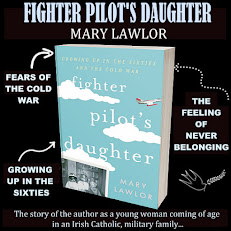



































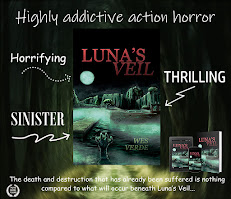
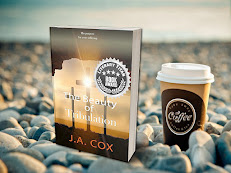








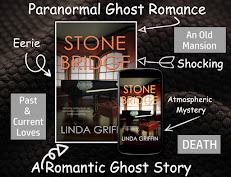
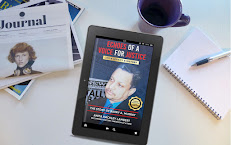



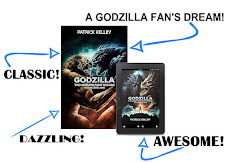
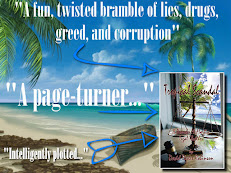

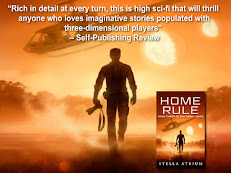


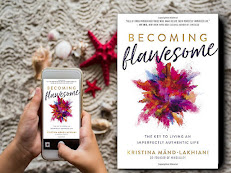
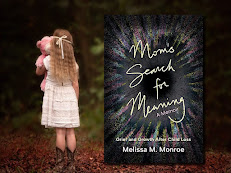
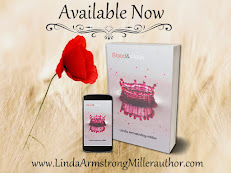


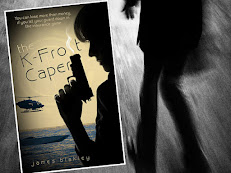
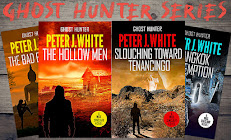
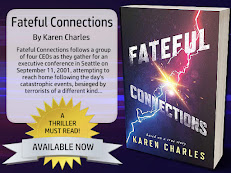
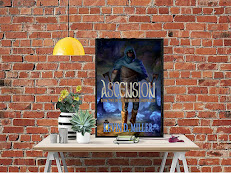






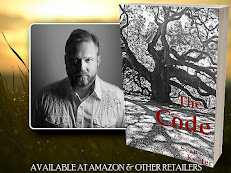

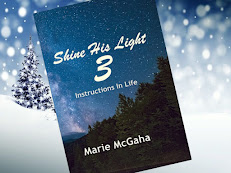


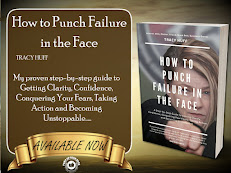



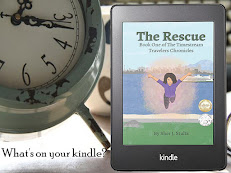

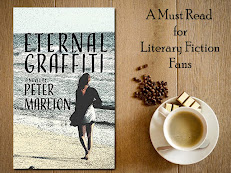
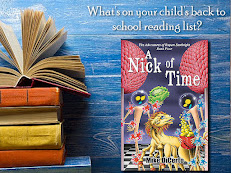

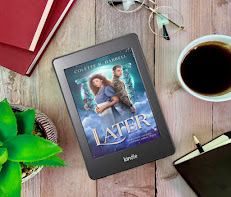

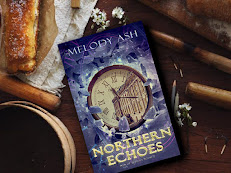

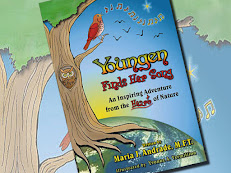

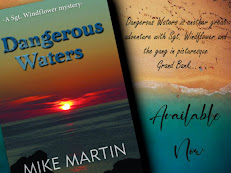

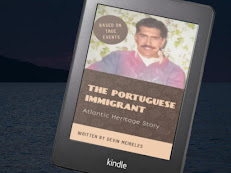
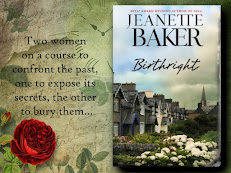
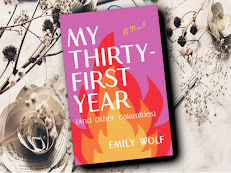
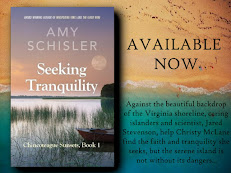
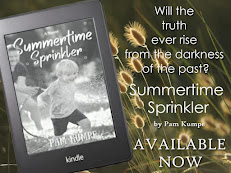

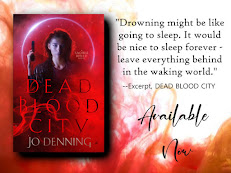
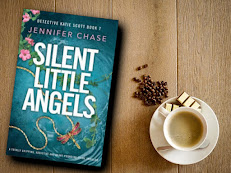

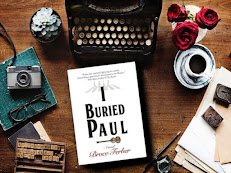
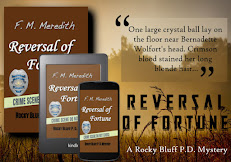
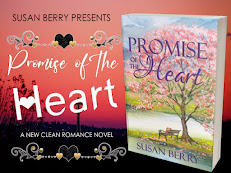

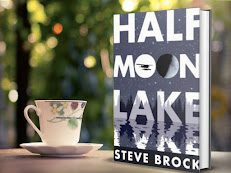

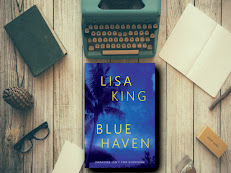

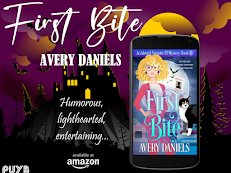

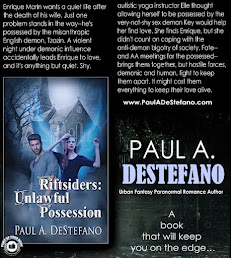

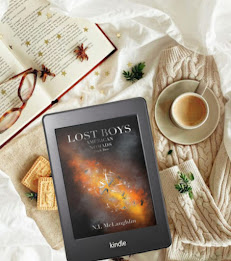



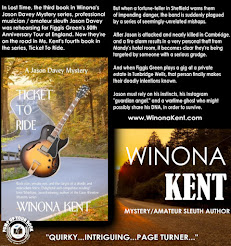

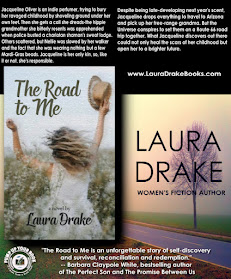



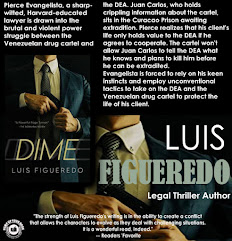























No comments:
Post a Comment